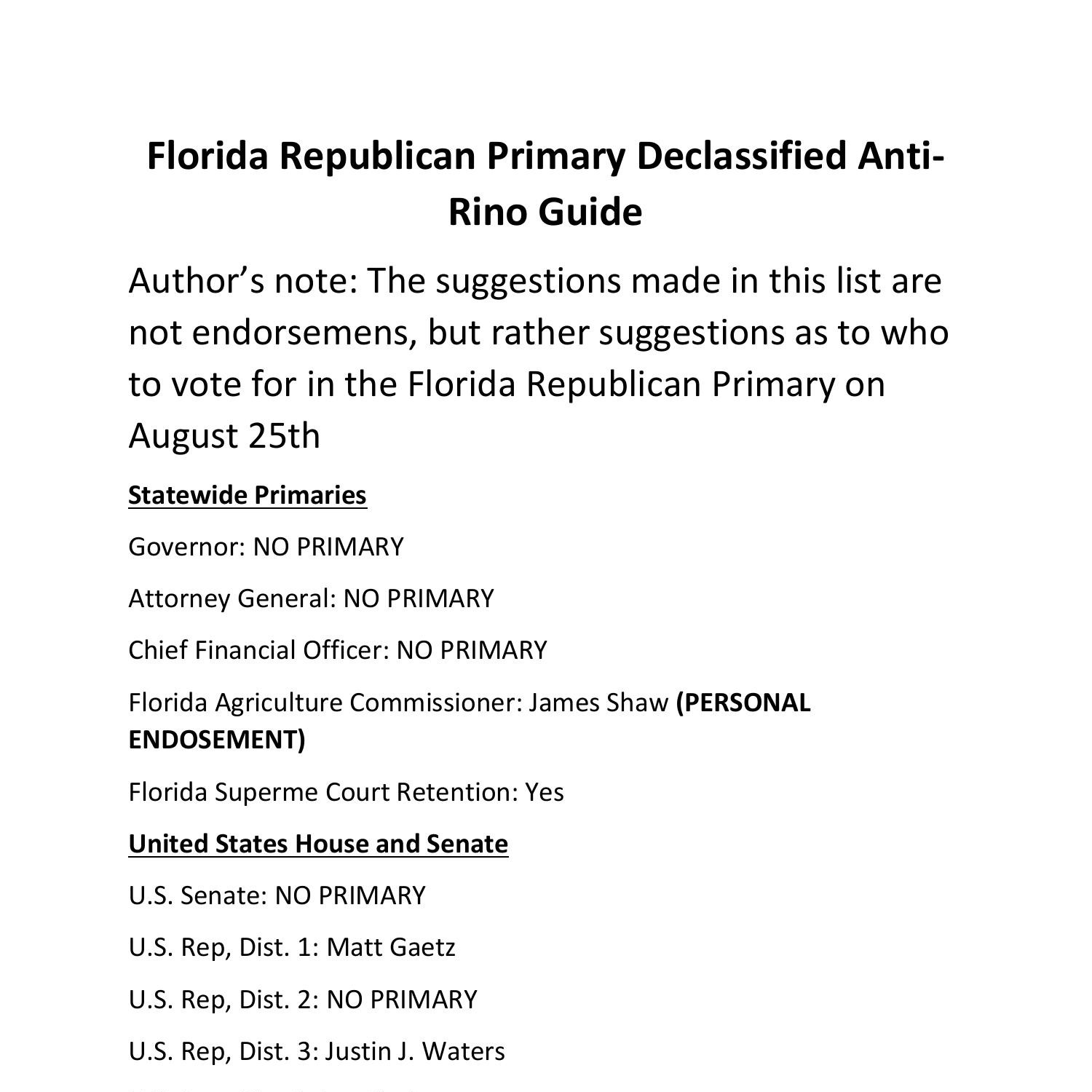Chapter 64E-9 Florida Administrative Code, like a captivating novel, sets the stage for an intriguing journey into the realm of environmental regulations. This chapter, with its intricate provisions and legal underpinnings, is an indispensable resource for understanding the complexities of environmental compliance in Florida.
Within the pages of this chapter lies a treasure trove of knowledge, guiding readers through the labyrinthine world of environmental regulations. Its comprehensive scope encompasses everything from the chapter’s purpose and legal basis to the practicalities of implementation and compliance.
Statutory Framework

Chapter 64E-9, Florida Administrative Code, provides a comprehensive framework for regulating the use of solid waste management facilities in the state. Its primary purpose is to ensure the environmentally sound management and disposal of solid waste while protecting public health and the environment.
Chapter 64E-9 of the Florida Administrative Code, which establishes standards for nursing homes, has been revised to include new regulations. These regulations aim to improve the quality of care for residents and ensure their safety and well-being. Dive into the depths of dawn of the dragon chapter 27 to uncover the captivating adventures that await you.
As we delve further into Chapter 64E-9, it’s evident that these revisions are a testament to the unwavering commitment to providing the highest level of care for those who reside in nursing homes.
The chapter establishes specific requirements for the siting, design, construction, operation, and closure of solid waste management facilities. It also sets forth standards for groundwater monitoring, leachate management, and financial assurance to ensure the long-term integrity and environmental protection of these facilities.
The chapter 64e-9 Florida Administrative Code sets forth the minimum standards for the design, construction, and operation of public swimming pools. These standards are intended to protect the health and safety of swimmers and to ensure that public swimming pools are operated in a sanitary and safe manner.
For those looking for a thrilling read, check out under the oak tree chapter 82 . After that, come back and learn more about chapter 64e-9 Florida Administrative Code and its significance in maintaining the safety of public swimming pools.
Legal Basis and Authority
Chapter 64E-9 is authorized under the Florida Solid Waste Management Act (Section 403.704, Florida Statutes) and the federal Resource Conservation and Recovery Act (RCRA). These laws provide the legal basis for the state to regulate solid waste management activities and establish minimum standards for the protection of human health and the environment.
Implementation and Compliance
Adhering to the guidelines Artikeld in Chapter 64E-9 is essential to ensure the proper management and disposal of hazardous waste. Implementing and complying with these requirements involves a collaborative effort from various stakeholders, each playing a crucial role in safeguarding the environment and public health.
Chapter 64E-9 of the Florida Administrative Code establishes rules for regulating solid waste management facilities. In a world where sustainability is paramount, understanding these regulations is crucial. Dive into skip and loafer chapter 1 to gain insights into the adventures of two mischievous characters while learning about environmental consciousness.
By linking these concepts, we bridge the gap between regulatory compliance and environmental awareness, making chapter 64E-9 more relatable and impactful.
Responsible Parties, Chapter 64e-9 florida administrative code
The responsibility for implementing and complying with Chapter 64E-9 falls upon several entities, including:
- Generators: Individuals or businesses that produce hazardous waste are responsible for properly classifying, labeling, storing, and disposing of it.
- Transporters: Companies that transport hazardous waste must comply with specific regulations regarding vehicle safety, driver training, and waste handling.
- Treatment, Storage, and Disposal Facilities (TSDFs): Entities that treat, store, or dispose of hazardous waste must obtain permits and follow strict operating procedures.
- Regulatory Agencies: State and federal agencies, such as the Florida Department of Environmental Protection (FDEP) and the Environmental Protection Agency (EPA), are responsible for enforcing compliance and conducting inspections.
Consequences of Non-Compliance
Failure to comply with Chapter 64E-9 can result in severe consequences, including:
- Fines and Penalties: Violators may face significant fines, both civil and criminal, for non-compliance.
- Permit Revocation: TSDFs that fail to comply with regulations may have their permits revoked, preventing them from operating.
- Environmental Damage: Improper handling of hazardous waste can lead to environmental contamination, posing risks to human health and ecosystems.
- Reputational Damage: Non-compliance can damage the reputation of businesses and individuals, leading to loss of trust and potential financial consequences.
Case Studies and Examples: Chapter 64e-9 Florida Administrative Code
![]()
Chapter 64E-9 has been instrumental in shaping the water management practices in Florida. Here are some real-world examples of its application and an analysis of its effectiveness:
Implementation Successes
- Reduced Water Consumption: The regulations have encouraged water conservation measures, leading to a significant reduction in water consumption across the state. For instance, in the Tampa Bay region, water use has decreased by over 10% since the implementation of Chapter 64E-9.
- Improved Water Quality: The chapter’s focus on protecting water resources has resulted in improved water quality in many areas. For example, in the Everglades, nutrient pollution has been reduced, leading to a healthier ecosystem.
Challenges and Areas for Improvement
While Chapter 64E-9 has been successful in many aspects, there are areas where it can be improved:
- Enforcement: Ensuring compliance with the regulations has been a challenge. Limited resources and a lack of enforcement mechanisms have made it difficult to hold violators accountable.
- Outdated Regulations: Some of the regulations in Chapter 64E-9 are outdated and do not reflect the latest scientific understanding of water management. Updating the regulations would ensure they remain effective in addressing current water challenges.
Last Word
As we reach the final chapter of our exploration, it becomes evident that Chapter 64E-9 Florida Administrative Code stands as a testament to the importance of environmental stewardship. Its regulations provide a roadmap for responsible environmental practices, ensuring the preservation of Florida’s natural beauty for generations to come.